April 2019 Audio Meditation
If you’d like to experience this guided meditation with images, here’s the youtube version: https://youtu.be/bT-DbKga6nc
Meditations, experiments, books and guided meditations to assist with nourishing spirituality, healing childhood wounds, and living more consciously.
Meditations, experiments, books and guided meditations to assist with nourishing spirituality, healing childhood wounds, and living more consciously.
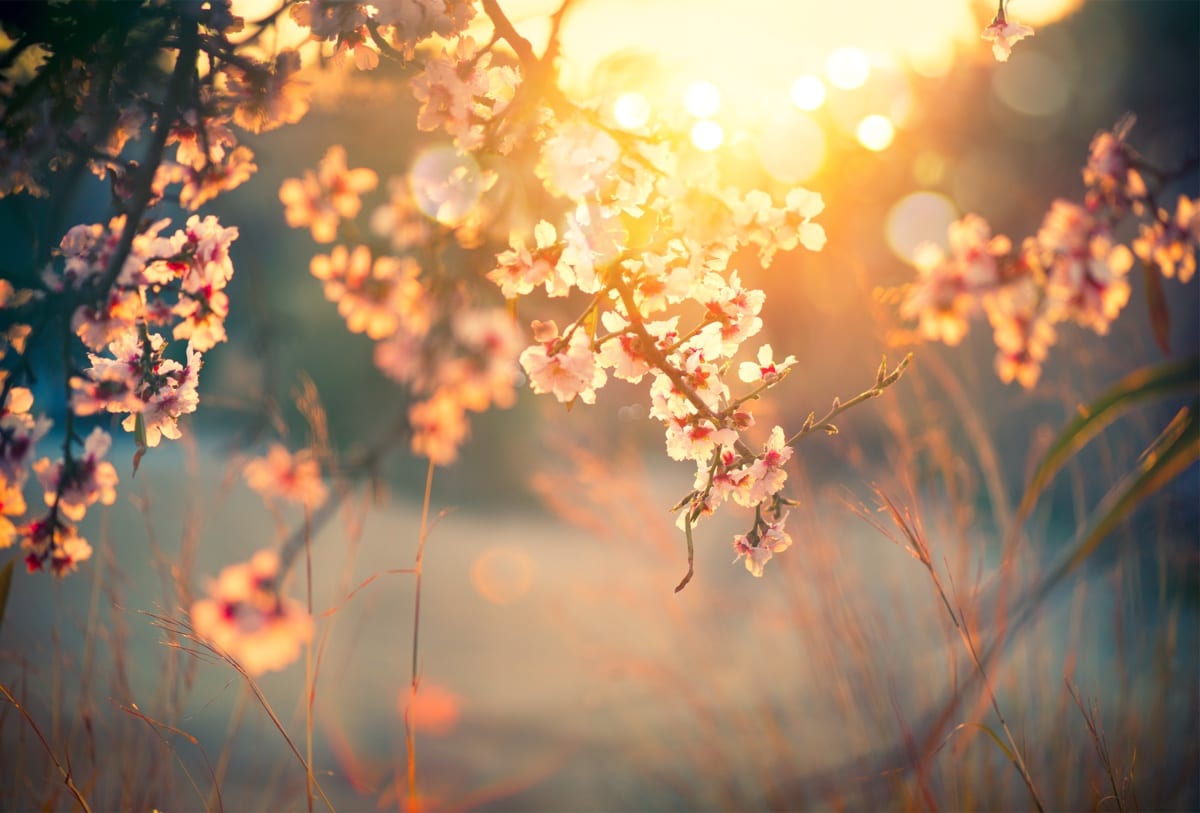
If you’d like to experience this guided meditation with images, here’s the youtube version: https://youtu.be/bT-DbKga6nc
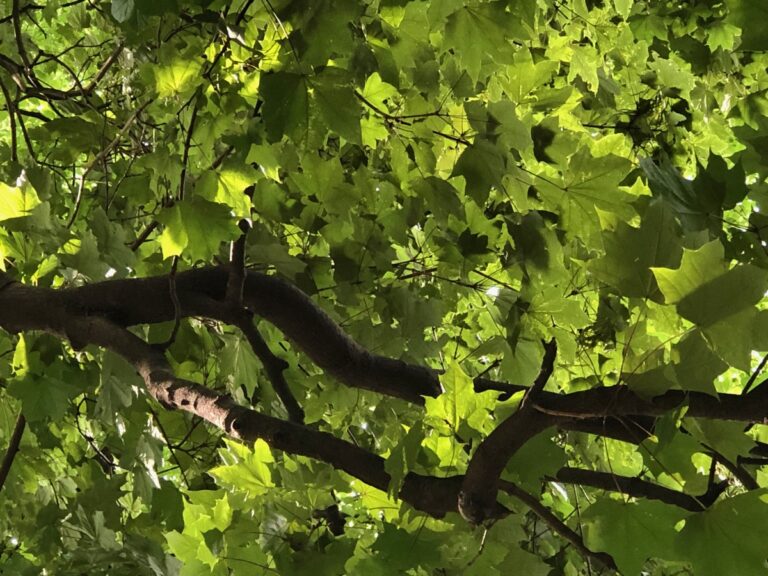
A while back, I listened to a book by Merlin Sheldrake, called “Entangled Life”. Sheldrake is a specialist in fungi and the book is an inspiring journey through all things fungal. He shares stories about how fungi participate in the “wood-wide web”, creating mycelial networks in collaboration with tree roots to support communication and access to nourishment under forest floors. He also describes the creative and truly inspiring research and development that are happening that use fungi to generate building materials and countless other products used by humans.
Listening to the book reminded me how important it is to find sources of inspiration that support an awareness that there is a much bigger picture unfolding than the one our daily lives encompasses. Given our current range of local and global crises, it can be challenging to access inspiration, possibility, and an awareness of potential creative solutions to so many problems we humans have generated and now must solve.
For this week’s practice in conscious living, I invite you to take a bit of time each day to orient your awareness to something that moves, enlivens, inspires, or fills you up in a positive way that I don’t know how to put into words for you. It may be something as simple as looking out the window and seeing a bird on a tree branch, as I just did. I’m on vacation out of the city and it was inspiring to see this bird standing on a branch in a beam of sunlight. It may be that you are reading a book that touches your heart and that reading just a few lines is a way to begin a new day with a sense of possibility, or with the feeling of a deeper connection in a way that nourishes you.
Read More “838th Week: Finding Inspiration in Troubling Times”
Recently, I read an article that described a research project done by a woman in Germany. It was published in the American Psychological Association Bulletin and addressed a subject that I have experienced and promoted for many years. The research looked at the relationship between a person’s sense of greater life satisfaction and a belief in oneness, “…the idea that everything in the world is connected and interdependent.”
Two things struck me about this research. First, that it was published by the American Psychological Association gave me hope that the concept of oneness is becoming more mainstream, or at least on its way to that, and secondly that this belief has a positive impact on people regardless of their religion.
Read More “753rd Week: The Benefits of a Sense of Oneness”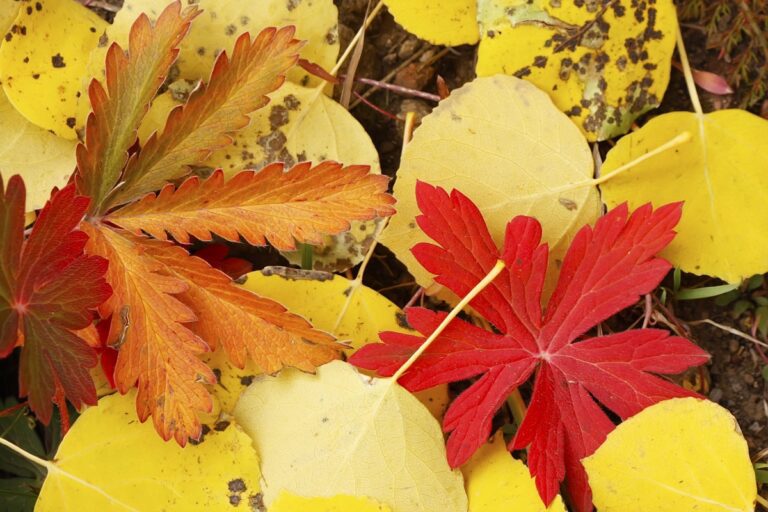
895th Week: Noticing the “New You”
In a recent class I took through Lorian.org, we were presented with the thought that each time we bring something into our lives, be it a job, a development, an object, an accomplishment, a relationship, an activity, what comes to us brings with it a “new you”. The underlying idea is that we are changed by the things that enter our life, whatever those “things” may be.
I’ve been very taken with this idea, as it invited me to pay more attention to changes I might notice as I move through experiences and situations. For example, for a number of years, I’ve read about quantum physics and have had a commitment to move beyond my conditioned linear thinking. Starting in 1982, I began to experience and work with the optimal future self and optimal futures, and I offered this process to people as an inner journey to meet their optimal future self. As a result of diving even deeper into quantum dynamics, I found myself thinking one day about the way in which the optimal future arrives and arises in our lives without our necessarily being aware of the process.
This shift in my thinking orients more, now, to being open to receive my optimal future, based on the fact that quantum physics appears to demonstrate that there is an infinite array of possibilities moving in and out of manifest reality all the time. (As I write this, I can imagine the groans of quantum physicists…)
Anyhow, for me this is an example of the “new you” dynamic of allowing something to deepen into my life, to affect my awareness and perceptions of the world around me. There can be much more subtle shifts pointing to a “new you”, as when you have a thought you’ve never had before, experience an understanding that hasn’t been accessible until now, find yourself orienting to an activity that didn’t interest you before…that kind of thing.
Read More “”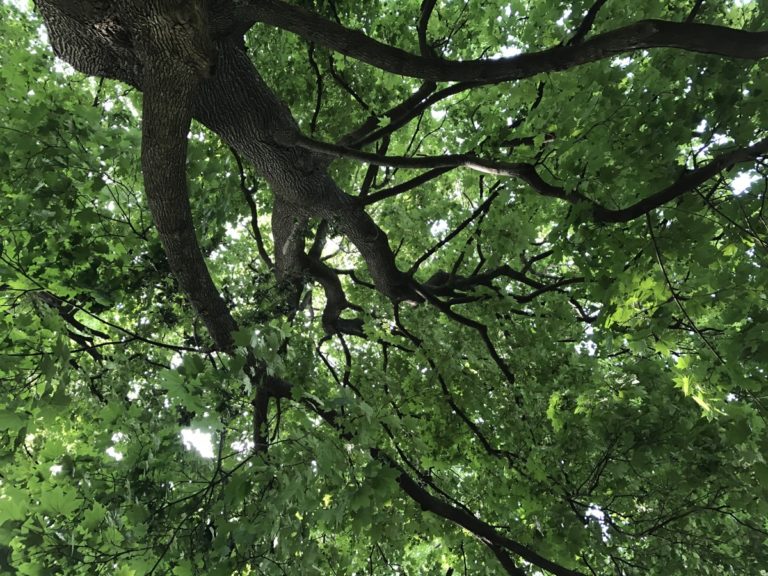
Even though I’ve given up my office and am now practicing psychotherapy at home on zoom, I still get into Central Park just about every day. On weekends, I go to a bench that’s under a gathering of trees and read and do writing such as this. This particular morning, as I think about our troubled world, I am also aware of the steadiness, presence, and seeming serenity of the large, towering trees around me. When I’m able to clear my mind and simply be with the trees, I find that my bodymind begins to fill with their essence of steady presence. These earth-kin, because of their size and stature, convey to me—whether this is my projection or something actually coming from the trees—a deep settling.
I also notice the boulders and large rock formations that are so much part of the park and can sense into their grounded stability, as well. Somehow, these earth-kin, along with the trees, speak to me this morning about qualities of patience and presence. In addition, the vivid greens of the trees speak to me of healing, health, well-being, and I soak those qualities in, as well.
When I’m not in the park, I can have the same kind of experience with the “trees” that live in my apartment and with all the stone people who also share my home. The three felines who are my animal companions also convey a powerful ability to totally relax and then immediately be available for play or alertness, as the situation may invite or demand.
Read More “807th Week: Nurturing Well-Being with Nature”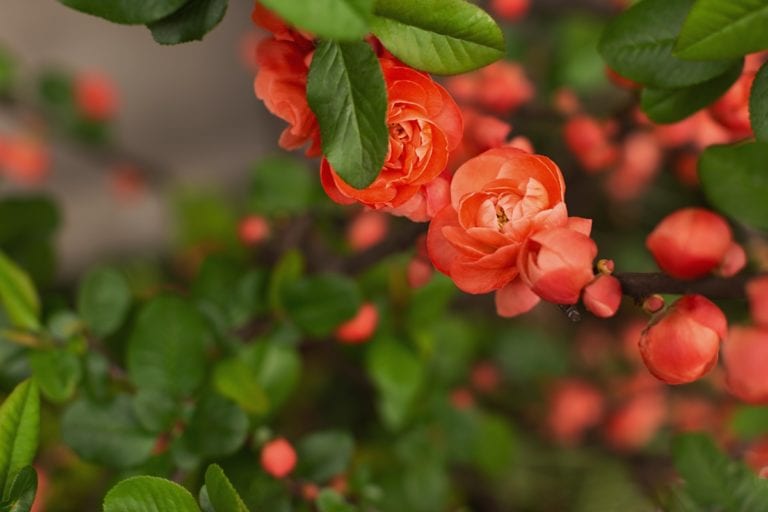
As I write this, I’m sitting in Central Park, as I often do on weekend mornings, attuning to the trees that have become my companions. I notice that I am resonating with their steady, still presence and that their steadiness and stillness, even their expression of presence, is moving into my body-mind experience. As I sit here, I absorb the qualities I experience in them and I find that access to the steadiness and stillness in me is enhanced by their presence. Central Park has been, and continues to be, one of the most important gifts in my life for over 35 years now, and my gratitude for having access to the natural life of the park is boundless.
This got me to thinking about how powerful it is to spend time in nature and to absorb the qualities that may not be easily accessible in urban life. When I look at the large rock outcropping off to my right, I think of its solidity, its constancy, its steady presence. When I hear the sound of the locusts that populate the park at this time of the year, I think of the freedom to express. When I think of one of the small waterfalls up in the northern section of the park, I am touched by a sense of flow. These are all projections, perhaps, and yet they offer me an experience that I find both strengthening and nourishing.
Read More “762nd Week: Accessing and Nurturing Qualities from Nature”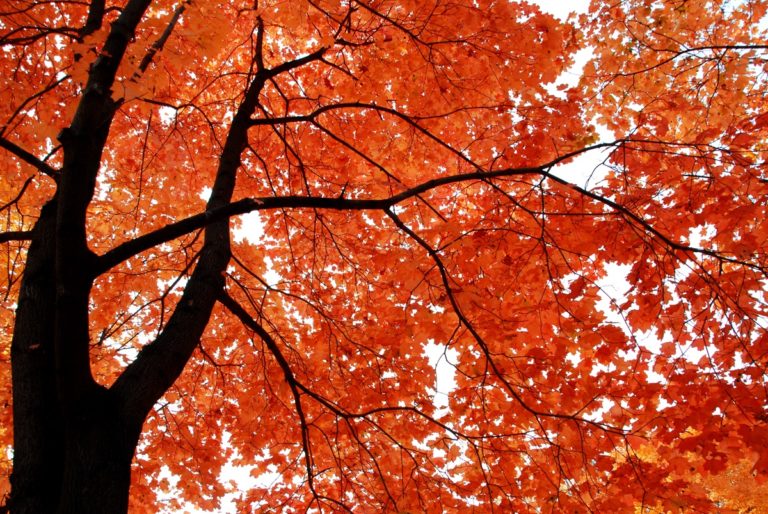
Recently, I had a conversation with a colleague that revolved around the subject of cultivating an internal sense of safety. We talked about how external safety isn’t a sure thing and, in these uncertain times, doesn’t ring true as a possibility for many people.
My deepest sense, as we talked, was that the only place I could find a reliable sense of safety, and it’s a relative thing, is inside my own embodied core presence. This is because embodied presence is something we carry within us all the time, even when we’re unaware of it.
I’ve talked many times about the dynamic of “foreground/background”. Depending on what we experience in any given moment, feelings of activation, distress, overwhelm, and/or shutdown may have moved into the foreground of our awareness. When this happens, our internal steadiness and embodied core presence slide into the background and we no longer experience these qualities of our inherent being.
Read More “813th Week: Cultivating an Internal Sense of Safety”